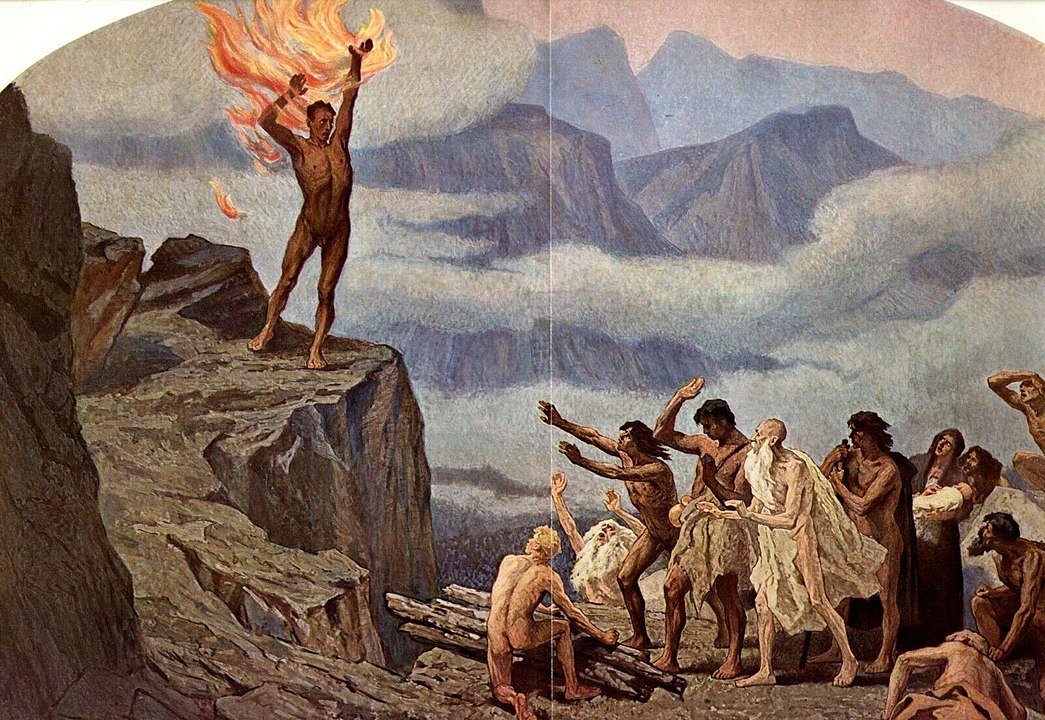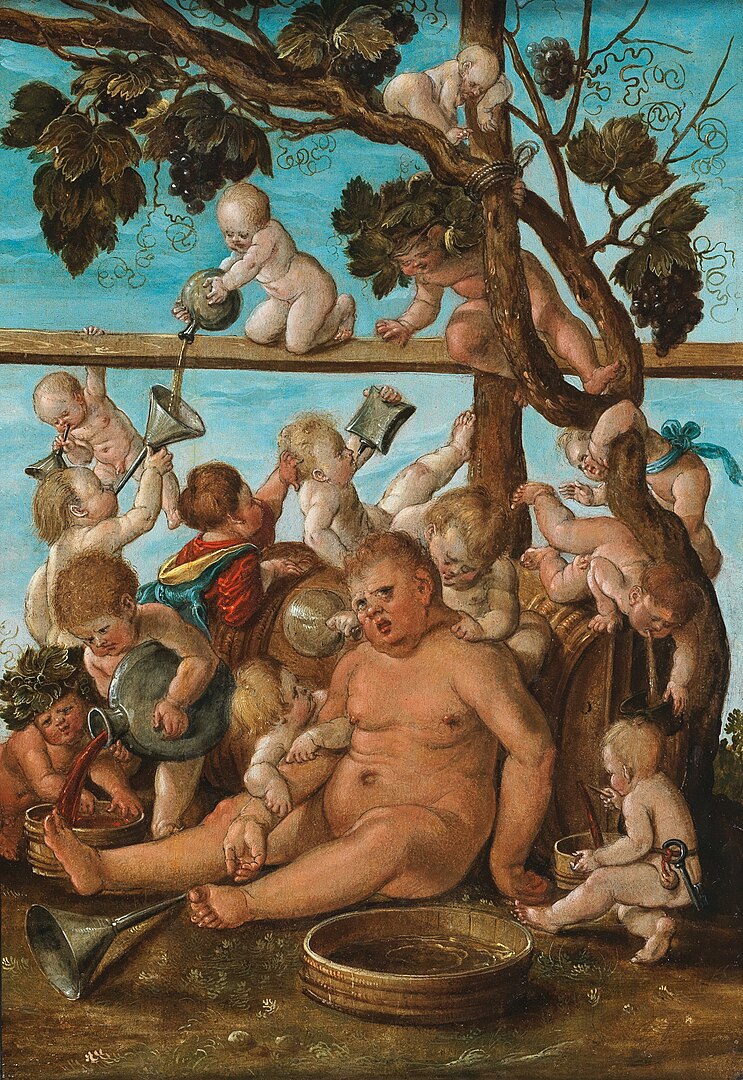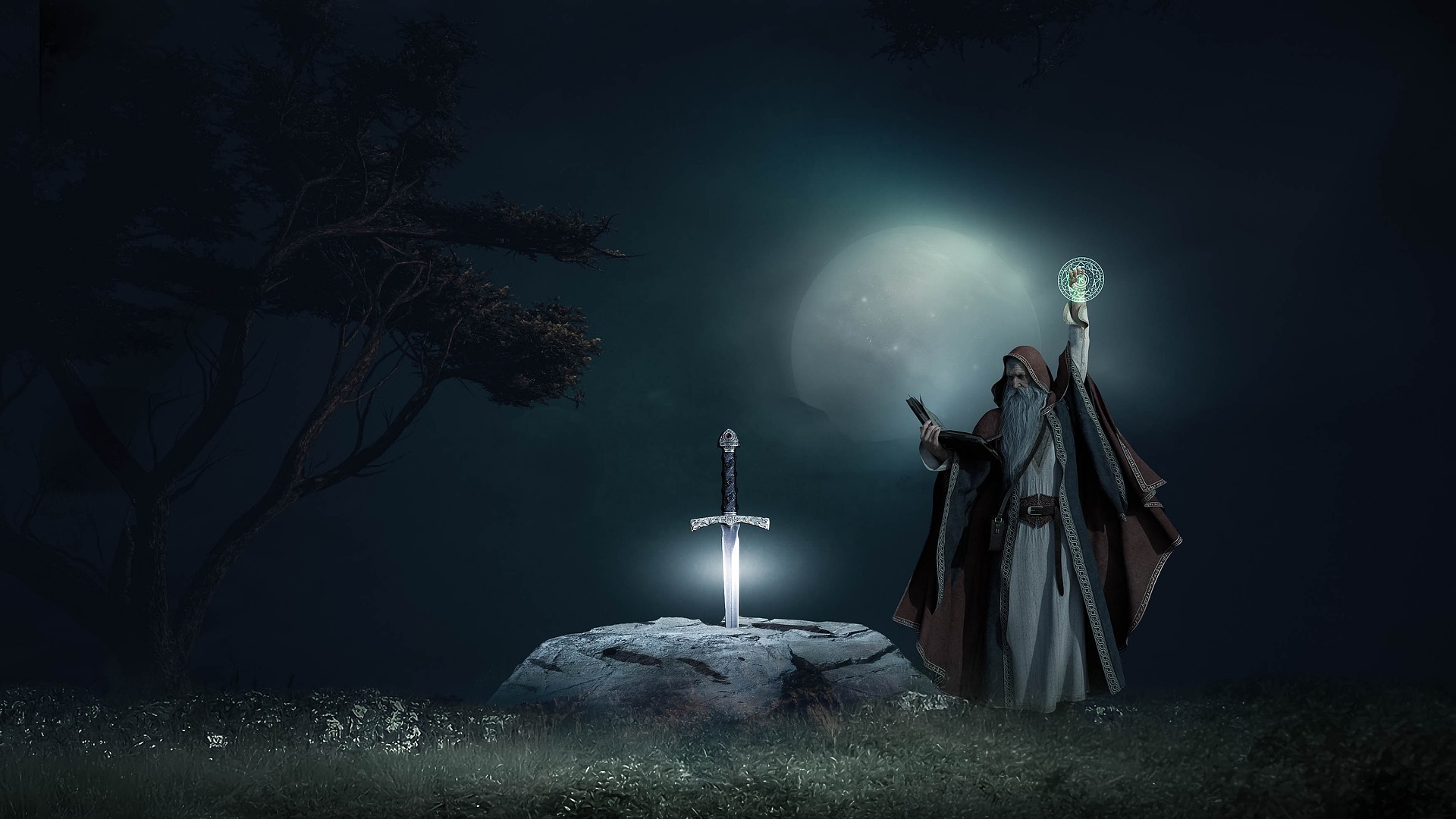
In Greek mythology, hope was the only spirit left in Pandora’s box once all the “evils” (pain and suffering) had been released into the world. Once she realised her mistake, Pandora slammed the jar closed so that hope couldn’t escape.
To open “Pandora’s box” is an idiom for managing challenging situations in life that give you the opportunity to grow.
But depending on how you react to challenges, you could be filled with just optimism; or you could face chaos, pain and suffering.
This is why the ancient Greeks, considered hope belonged in a jar of evil spirits in the first place. Hope is a double-edged sword that cuts you free from misery, or cuts you and causes misery.

Scientific investigations in the modern epoch show that hope involves adopting a specific emotional and intellectual outlook towards a future potential. [1]
Studies reveal how adopting hopefulness and optimism can help to nurture psychological and physical well-being [2]
In addition, it was attested that hope cultivates a positive frame of mind which can help individuals produce adaptive outcomes. Hope and optimism are coping strategies which can help you to manage stress. [3]
For example, hope can serve as a powerful motivator and bolster resilience in the face of adversity. It helps individuals cope with difficult situations, setbacks, or hardships by maintaining a belief in the possibility of improving or adapting to current situations.
Researchers [4] indicate that hope is associated with improved mental states, enhanced emotional well-being and positive perceptions towards feeling supported by the wider community.
The way we perceive hope as a collective also implies a positive emotion is attached. You will know from experience that hope gives you an air of confidence which can promote happiness, enthusiasm, and optimism. Optimism, in particular, is shown to reduce symptoms of depression and anxiety.
All good then.
But, the science of the day has not considered one important factor.
False hope.
Hope can make you blind. And this is what the myth of Pandora’s box warns us.

The lesson to learn from the myth is how to cultivate hope and optimism you can trust rather than false hope and blind faith that will inflict pain and suffering.
Hope is retained in the jar to give you something to work with.
I think it’s safe to say that we can all agree the mind plays tricks on us. This is the Trickster at play. And false hope is one of the Trickster’s illusions.
Greek myth shows us this in the story of Pandora’s Box. Zeus orders Pandora to be made from clay to counteract the blessing bestowed on mankind after Prometheus steals fire from the gods.
In his tragedy, Prometheus Bound, Aeschylus tells us that the two great gifts Prometheus gave to humanity are fire and hope. Fire is symbolic of self-awareness, action and passion. When you combine fire with hope, they can be great gifts because hope alone is futile without taking the appropriate action.
But the words placed in the mouth of Prometheus by Aeschylus speak of “blind hopes”.
Chorus: Did you perhaps go further than you have told us?
Prometheus – I stopped mortals from foreseeing their fate.
Chorus – What kind of cure did you discover for this sickness?
Prometheus – I established in them blind hopes.
Chorus – This is a great benefit you gave to men.
~ Aeschylus, Prometheus Bound
Why would blind hopes be a great benefit to men?
If we take scientific discovery into account, blind hope can help relieve stress and anxiety. This is a benefit. But if blind hope is misleading, all you achieve is an ignorance of impending doom you are later unprepared for.
This potential is personified by the character, Epimetheus in the myth of Pandora’s Box.
Prometheus is recognised as a Trickster god. Pandora’s box was created because he stole civilising arts and fire from the gods to give to humans.

In Greek mythology, Prometheus is depicted as insightful, humble, and imaginative. These are the attributes of the Trickster. This fun-loving energy can fill you with optimism and hope. The name Prometheus means foresight.
His brother, Epimetheus, on the other hand, is gullible, materialistic and out of touch with reality. He is recognised as the “proverbial fool.” These are traits of the wounded Trickster.
When the Trickster’s energy is not developed, the mind plays tricks on you to show you the error of your ways. Hope tricks you into feeling a false sense of optimism — but the intention of the Trickster’s illusions is to deflate the ego and bring you into contact with self-awareness.
This is why Aeschylus says blind hope is a benefit to mankind. When you realise your optimism was misguided, it can wake you up to reality. The wounded Trickster is not in touch with reality. The healthy Trickster is.
The healthy Trickster, like a magician, is also a master of creation. In this sense, this archetype shares similar qualities as the Creator; Athena and Hephaestus from whom Prometheus steals arts and fire respectively.
But when the Trickster is underdeveloped, and you have an overinflated ego, there may be times when you feel optimistic but you are, in fact, tricking yourself into believing an illusion created by the mind.
Some might say, a delusion. The proverbial deluded fool.
Delusion is clearly not a benefit or a gift. So why does Aeschylus say it is a “great benefit”?
Remember, hope was the last of the “spirits” left in Pandora’s Box. Why is hope in a jar filled with evils?
We have to assume that hope — blind hope — can be beneficial if we bottle it up inside the jar and cultivate it properly.
To do this, you need to call on the healthy qualities of the Trickster, an energy that is linked by the Greek god Hermes — the intellectual mind that has the ability to traverse all three worlds; the conscious mind, the superconscious and the subconscious.
I also associate Dionysus with the Trickster, the wandering minstrel who spends most of his time in the forest, a symbol of the inner world, fertility and growth. But a forest also represents potential danger and getting lost – which is what can happen to the mind when it is inebriated. Dionysus is most commonly associated with wine (although wine is a symbol of transformation).

Blind hope can distract your attention from staying on the right path whereby you risk getting lost. If your hopes are to become manifest, you have to take the appropriate action. Wishing upon a star is the work of the wounded Trickster, the developed Trickster can help you to manifest your hopes through imagination.
In this article, we will focus on how to cultivate hopefulness you can trust by reaching a rational conclusion which gives you just cause to be optimistic.
You will learn how you reach a decision that fills you with genuine hope. That can only be determined by how you think about challenges and explore your options in search of solutions.
Finding solutions for problems is what prompted Prometheus to steal civilising arts and fire from Athena and Hephaestus in the first place. Athena and Hephaestus are the energies that influence the Creator — the archetype that gives you the tools to cope with your environment.
In almost every case when you are confronted with a challenge, constructive ways of thinking are required. More precisely, a balance between thinking and feeling, rationale and reason; intellect and intuition.
Cultivating a sense of hope that you can trust requires a bi-lateral approach.
William James suggested that optimism, and its opposite, pessimism, is the product of how we think. He highlighted two distinct types of thinkers; rationalists and empiricists.
In discussing James’ work in his book Psychological Types (1921), the distinguished psychoanalyst Carl Jung describes the rationalist as logical intellectualism that is devoted to established principles. [5]
The rationalist has a way of thinking which is purely logical and seeks to discuss the truth of opinions based on the representation of facts. They have a concrete way of thinking based on “sense-established facts”. [6]
This type of thinker tends to be more optimistic, but can also be misled if the conclusion you hang your hat on is not sound advice. This type of thinking alone is synonymous with the undeveloped Trickster; i.e. manipulation, and blind hope.

The empiricist is synonymous with sensationalism and gathers pieces of information from various sources. This type of thinker tends to be more exploratory in his thinking and collects parts from various sources to create a whole.
The empiricist leans more to pessimism, [7] perhaps due to mistrust in other people’s opinions. But pessimism provides a good balance between optimism and gives you the foresight of Prometheus which his foolish brother lacks.
Thought-Provoking Quote
“The rationalist is a man of feeling, while the empiricist is a hard-headed creature…The rationalist is readily dogmatic in his statements while the empiricist is sceptical.” [8]
~ Carl Jung, CW6, Psychological Types
Jung felt there has to be a balance between the two types of thinking if you have any hope of reaching a satisfactory conclusion. His standpoint on rationalist intellectual thinking is…
Thought-Provoking Quote
“…there is something very frail and dependent about concrete thinking, because, instead of having stability in itself, it depends upon outer objects, which are superordinate to thought at determining values. Hence, this kind of thinking is characterised by a succession of sense bound representations, which are set in motion, not so much by an inner thought activity, as by the changing stream of sense perceptions.” [9]
~ Carl Jung, Psychological Types
In other words, don’t believe everything you read and hear as given without observing how you feel about it. William James describes the rationalist as “tender-minded”.
Rationalism does have its place, of course. Logic and reason are two of the highest functions the thinking man can achieve. But concrete thinking can give you false hope because it doesn’t encourage you to explore a broader range of alternatives. It is, therefore, ego-driven.
Sensationalism, however, encourages exploratory thought processes which look at problems from multiple perspectives. This way you can observe how you feel towards various options. Do your inner senses inform you that you have arrived at the Truth based on your experiences and not merely on information that has come to you?
Sense-given thinking gives direction to concrete rational thoughts. The Trickster is associated with Hermes, “the messenger of the gods” which gives you a free-flowing imagination and can bring intuition and intellect into harmony.
Exploratory imagination is what enables you to be innovative and insightful and helps you to avoid the trap of the wounded Trickster.
But likewise, sensationalist thinking alone can also walk you into an illusion conjured by the Trickster.
Thought-Provoking Quote
“But if the empirical thinker attributes a resistant substantiality to concrete thinking, from the abstract standpoint, he is deceiving himself.” [10]
~ Carl Jung, Psychological Types
Jung noted that abstract thinking tends to remain inactive in individuals who are mostly influenced by sensationalism i.e. you have an emotionally charged attachment to an object and the emotion becomes the determining factor of the decision-making process. [11]
Here we see the potential for the Trickster to weave an illusion through the energy of Dionysus who is also associated with the Lover — the energy that binds you to attachments.
Sometimes the head has to rule the heart, just as much as intuition has to be listened to over the intellect. The latter is the voice of reason. Pythagoreans acknowledge reason as the highest faculty of mind.
Thought-Provoking Quote
“Reason… is the capacity to be reasonable, a definite attitude which enables thought, feeling, and action to correspond with objective values. From the standpoint of empiricism this “objective” value is the yield of experience, but from the ideological standpoint it is the result of a positive act of valuation on the part of the reason.” [12]
~ Carl Jung, CW6, Psychological Types
Hope is a fundamental aspect of the human experience, and it can play a significant role in shaping your attitude and helping you to navigate the ups and downs of life. It is a source of inspiration, resilience, and motivation that can lead to positive actions and outcomes. But don’t allow blind hope to mislead you into a false sense of security.
[1] Dufault and Martocchio, (1985)
[2] Anderson & Snyder, 1988; Elliott, Witty, Herrick, & Hoffman, 1991; Lewis & Kliewer, 1996; Nunn, Lewin, Walton, & Carr, 1996; Sherwin et al., 1992; Snyder, Harris, et al., 1991; Snyder, Irving, & Anderson, (1991).
[3] Scheier, Weintraub, & Carver, (1986)
[4] Hope and Optimism as an Opportunity to Improve the “Positive Mental Health” Demand (2022)
[5] Carl Jung, Psychological Types, CW6, p.373 (1921)
[6] Ibid, p.376
[7] Ibid, p.373
[8] Ibid, p.373
[9] Ibid, p.376
[10] Ibid, p.376
[11] Ibid, p.379
[12] Ibid, p.383
